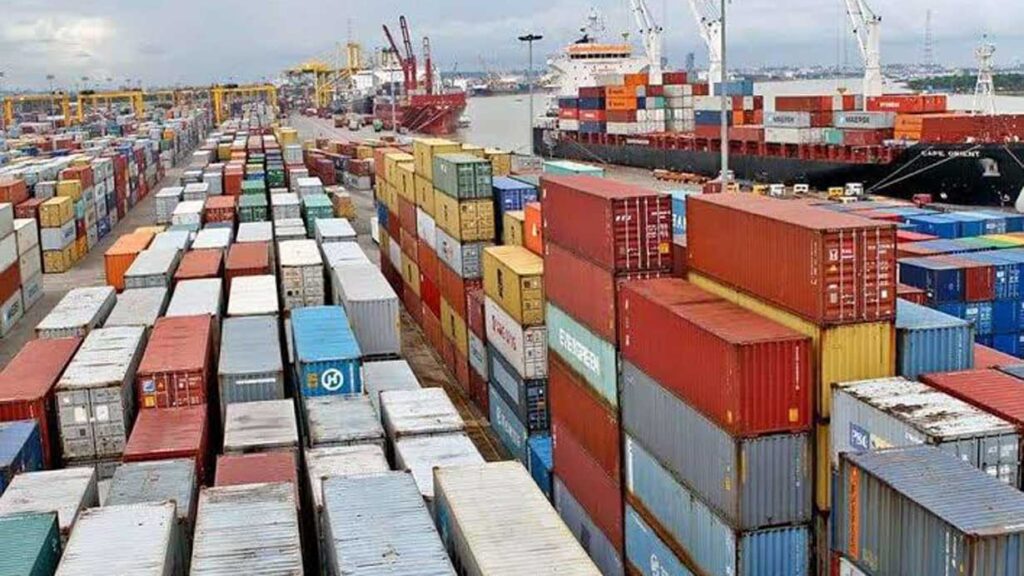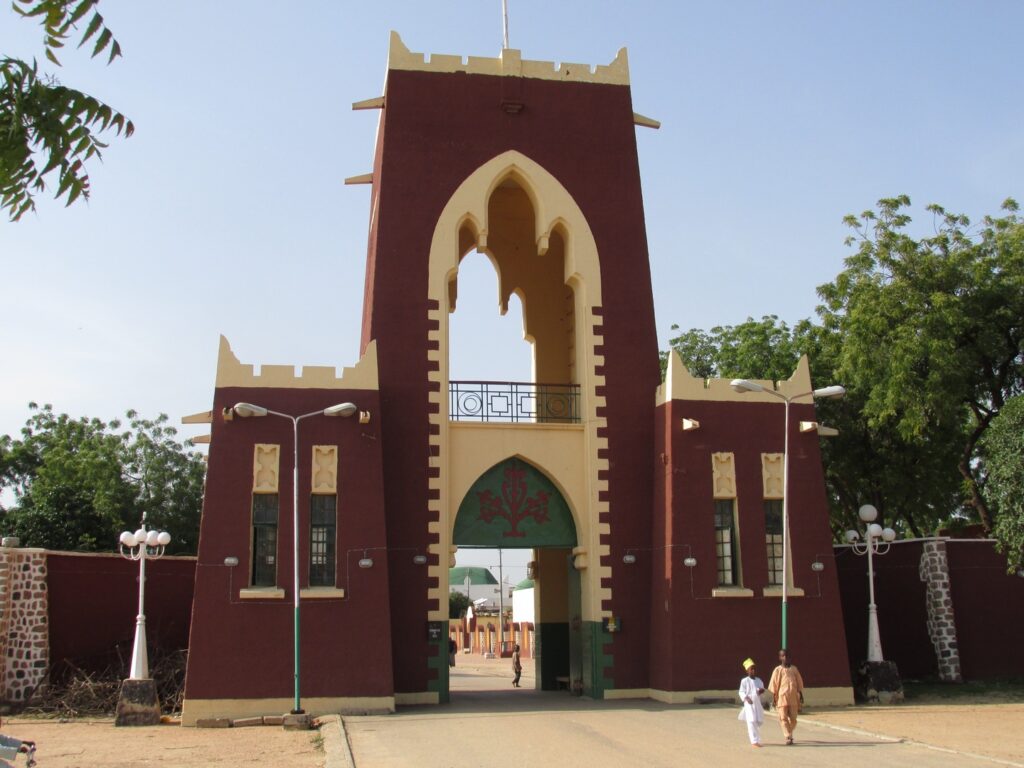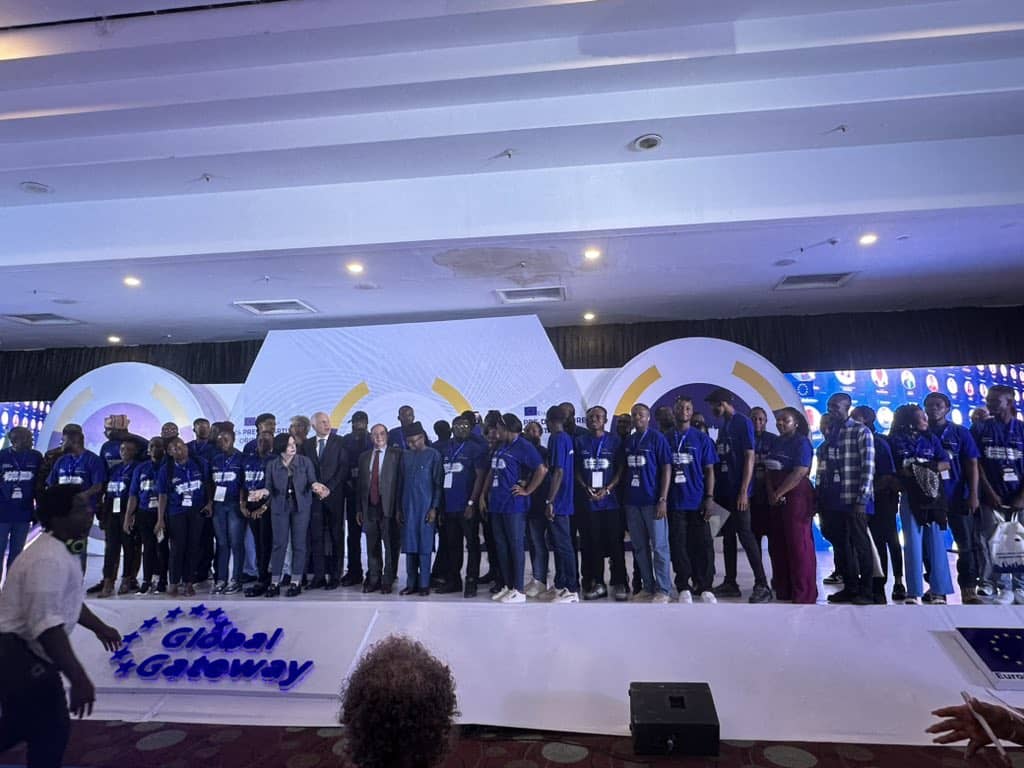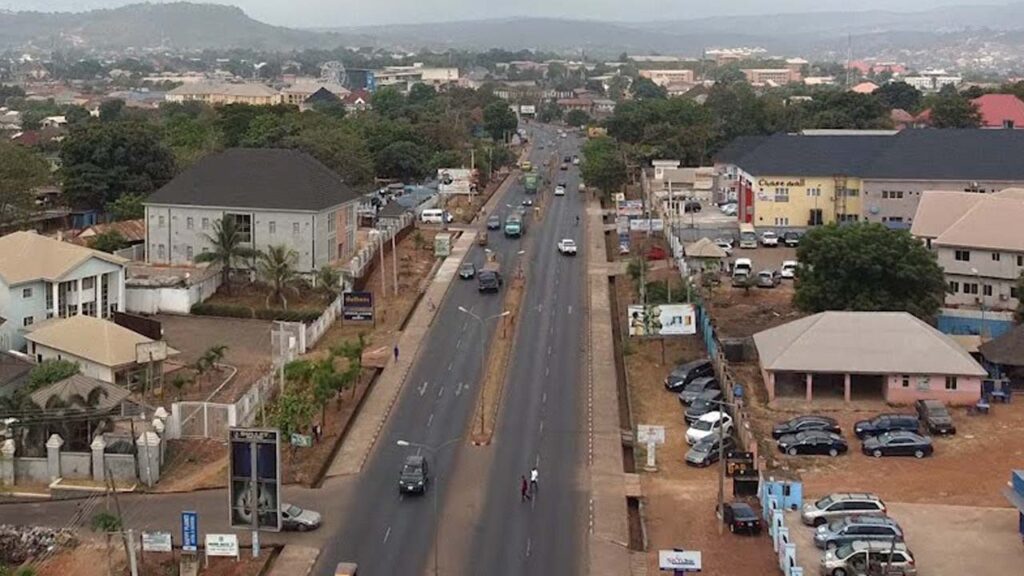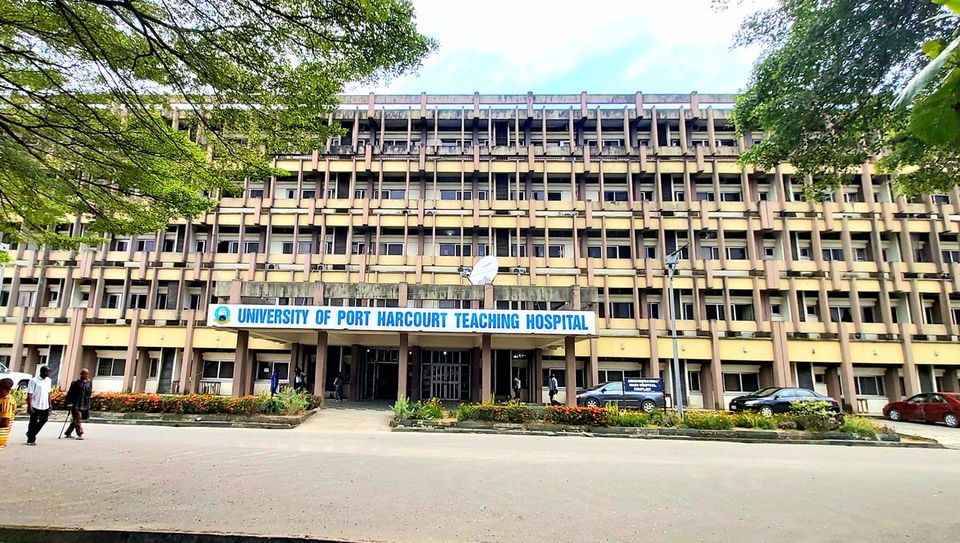Nigeria has emerged the largest source of imports under the African Growth and Opportunity Act (AGOA), with a total of $3.8 billion in the first half of 2024, as the major supplier of crude oil under the Act. This is an improvement from $3.6 billion in 2023 and up from $1.2 billion in 2021.
This was contained in the 2024 biennial report on the implementation of the AGOA, released by the office of the United States Trade Representative yesterday.
Since its enactment in 2000, AGOA has provided eligible African countries with duty-free access to the U.S. for over 1,800 products, in addition to the 5,100 products eligible under the Generalised System of Preferences (GSP) program.
By providing duty-free access to the U.S. market, AGOA has helped millions of people across Africa, supported increased investment across Africa and created thousands of jobs.
AGOA has also helped many U.S. companies get a foothold into key African markets and diversify their global supply chains.
According to the report, total two-way goods trade with sub-Saharan Africa totaled $47.5 billion in 2023, a 6.2 per cent increase from $44.7 billion in 2021. U.S. goods exports were $18.2 billion in 2023, up 10.4 per cent from $16.5 billion in 2021. U.S. goods imports were $29.3 billion in 2023, up 3.8 per cent from $28.2 billion in 2021.
U.S. goods imports under AGOA (including GSP) totaled $9.7 billion in 2023, up from $6.8 billion in 2021 but down from $10.2 billion in 2022. This upward trend in imports the report said, was mainly driven by increased imports of crude oil. South Africa was the second-largest AGOA exporter in 2023, behind Nigeria with $3.6 billion in 2023, followed by Kenya ($510 million), Ghana ($340 million), Madagascar ($339 million) and Angola ($260 million).
The report further added that U.S. outward foreign direct investment (FDI) in sub-Saharan Africa stood at $31.6 billion in 2022, up slightly from $30.0 billion in 2020. The three largest destinations for outward U.S. FDI stock in 2022 were South Africa ($7.4 billion), Mauritius ($7.0 billion), and Nigeria ($5.6 billion).
As part of efforts to further trade activities in Africa, in December 2022, U.S. Trade Representative, Ambassador Katherine Tai and the African Continental Free Trade Area (AfCFTA) Secretary General, Wamkele Mene signed a MoU on Cooperation for Trade and Investment to support AfCFTA’s implementation.
Work under the MOU aims to promote implementation of the AfCFTA’s Protocol on Women and Youth in Trade; support equitable, 14 sustainable and inclusive trade; attract investment to the continent and help African countries move into more advanced manufacturing in closer partnership with U.S. companies operating across the continent.
The MoU also urged annual engagement between the U.S. Government and AfCFTA Secretariat. There was strong interest in strengthening avenues to increase U.S. firms’ interest in Africa, including through AGOA, and exploring new opportunities as the demand for critical minerals surges. The Secretary also underscored the US’ commitment to support Africa’s growing role on the world stage and global economy, including through support for the African Union permanent membership in the G20.
While Nigeria is one of the eligible countries under AGOA, the report raised concerns over the country’s continuous import prohibitions to protect certain sectors of the economy, despite these efforts being widely viewed as ineffective and contributing to food insecurity, corruption, and exacerbating poverty. “Concerns remain with regard to child and forced labour, restrictions on free expression and media, interference with the freedom of peaceful assembly, and lack of accountability for gender-based violence, among others.”
In 2023, USTDA approved funding for a series of two reverse trade missions (RTMs) to the United States that will bring delegates from Nigeria and select other African countries to meet with U.S. officials and leading U.S. companies in the cybersecurity sector. The first RTM for Nigeria and Ghana, took place in February 2024 the report said.

